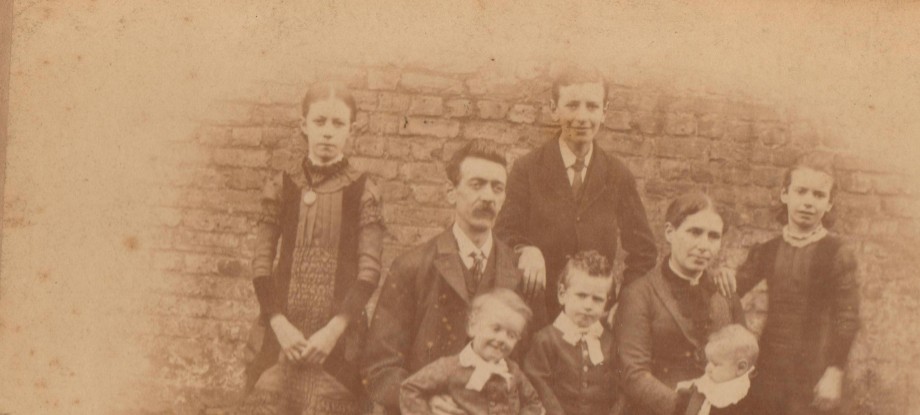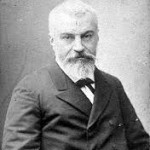In my last posting I introduced the International Review of Commerce and Industry to which my great grandfather, Alfred John Liversedge (AJL), submitted articles in December 1913 and January 1914 in an attempt to see if there was any intimation that the Great War was imminent.
In the next issue, January 1914, the editor kicks off again with a review of world markets. Although Britain’s position seems good, on the Continent the Balkan War and the “disturbed political condition of the whole of Europe” had much more impact. Home trade had been badly upset by the mild weather in November and December however in Sheffield the armament and general engineering trades are doing well. There seems to have been some significant labour problems with increasing militancy among workers not always supported by their own leaders. In both France and Germany unemployment is spreading and is acute in Austria, severely affected by the Balkan War. Although the iron and steel trade there is stagnating the wealthier classes continue buying luxuries on a large scale, heedless of warning by the Director of the Verkehrsbank. In Germany the tax payer has been “severely penalised for some time in order to meet the cost of naval and military expenditure”.
The first commissioned article is by Yves Guyot, editor of L’Ecnomiste Français, on Factors of the Economic Situation: Previsions. Although largely a detail review of how economic fortunes can be predicted he comments on the impact the German government raising funds for military expenditure has had on productive uses and expresses concern that France is about to do the same. “Thus, in 1914, several billions of francs of capital, absorbed by the expenses of war and armaments, will finally lose the greater part of their purchasing power.”The following article, Combines and Competition in the Steel Trade from the British Standpoint, notes how Britain’s steel production has fallen behind Germany’s. Next we have the second part of an article on insurance followed by one on the International Maritime Committee and its Work and then one on the Insuperable Obstacles to a British Empire Trade Mark by the editor T. Swinborne Sheldrake.
Next is the Argentine Meat Trade and then AJL writes on the United States and the World’s Food Supplies. In some ways this article has a similar purpose to December’s by raising awareness of dependence on imports, in this case for food. But here the issue is worldwide, in the previous three years only Great Britain had a larger import/export imbalance than Germany regarding food and, taking just 1912, the United States, long regarded as capable of feeding the world itself, demonstrates an imbalance of imports over exports. My great-grandfather writes that “within the memories of middle-aged people, Germany was almost entirely an agricultural country with a large balance of food exports.”
There is then an article on The Recent Trend of India’s Import Trade and a letter in response to last month’s article on The New American Tariff. Lastly the round-up of official reports and synopsis of published articles, these range from Salonica and its Future to Agriculture in Nyasaland and the Rehabilitation of Turkey to Japan’s Bid for Indian Trade.
Perhaps to illustrate the level of concern over the future I should return to the words of the French economist, Yves Guyot; “We may therefore calmly look forward to 1914, if perturbing elements do not come to disturb it: internal political conflict, German threats, Austrian exigencies, strikers’ resistance, war between Turkey and Greece about the Aegean Sea Islands, internal conflicts such as strikes and syndicalist movements.”
Barbara


